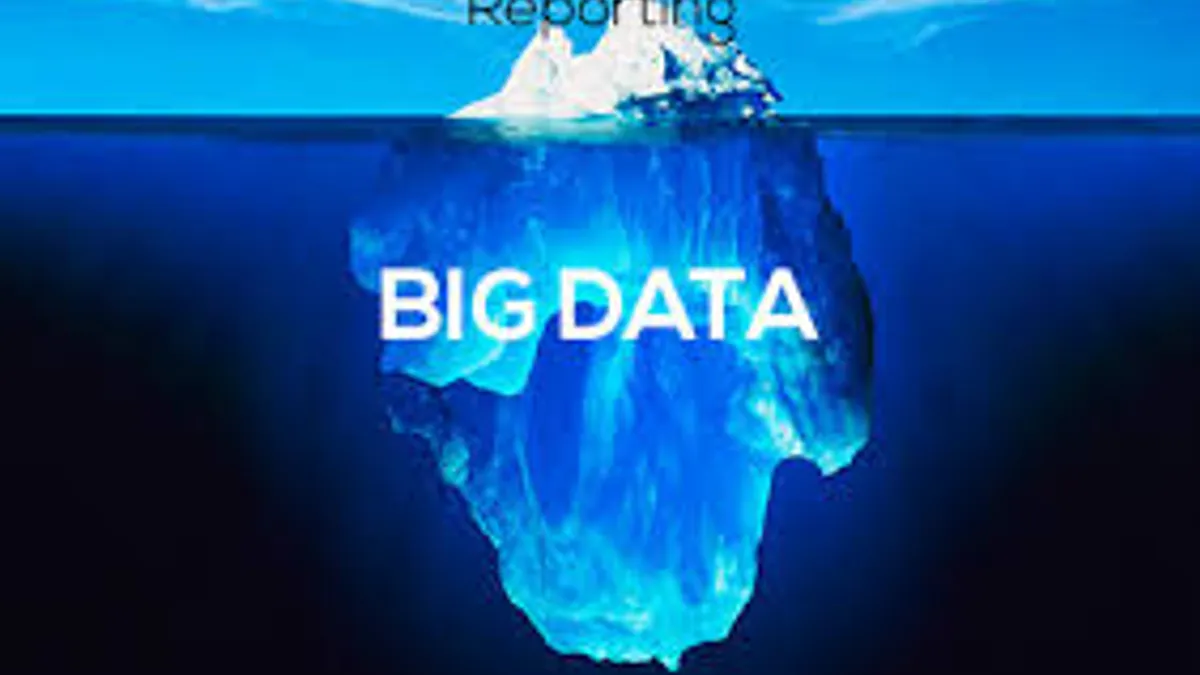Dive Brief:
- Increasingly, colleges and universities are using predictive analytics to determine future outcomes for students in academic performance and engagement. But some wonder if the practice violates student privacy.
- A recent meeting at Stanford University sought to develop best practices, ethics around student data mining and how colleges could best use the information for mutual benefit with students.
- Some predictive analytics programs extend to high school recruitment and develop profiles about student potential based upon test scores, social media use and other factors.
Dive Insight:
The Stanford University meeting will soon deliver recommendations on how to ethically use big data in student retention with principles of transparency, collaboration and student-oriented goal setting. Part of that effort is making sure that professors are as free of bias against struggling students as possible.
But there is some disparity and implicit bias even in which institutions will be able to afford such strategies, and in most cases, those who may need the highest levels of intervention may attend institutions that cannot afford it.
Elite private colleges and large state universities will not require wide-ranging analytic programs for students who are more likely than not to succeed in college. However, smaller state institutions, historically black colleges, Hispanic-serving institutions and community colleges, however, are in desperate need of the technology to offer students more value for their higher ed spending, but many of these schools cannot afford the technology, the training or the personnel needed to effectively use it.
Leaders of these schools should look to find creative ways to afford and sustain usage of these programs to ensure the most at-risk students are benefitting from the interventions.









